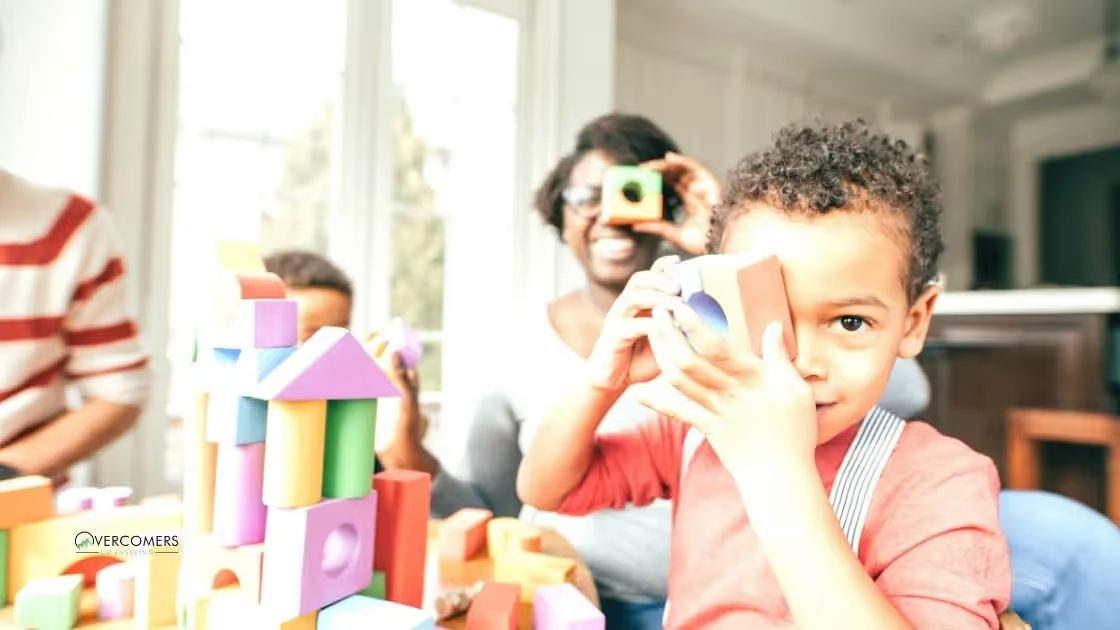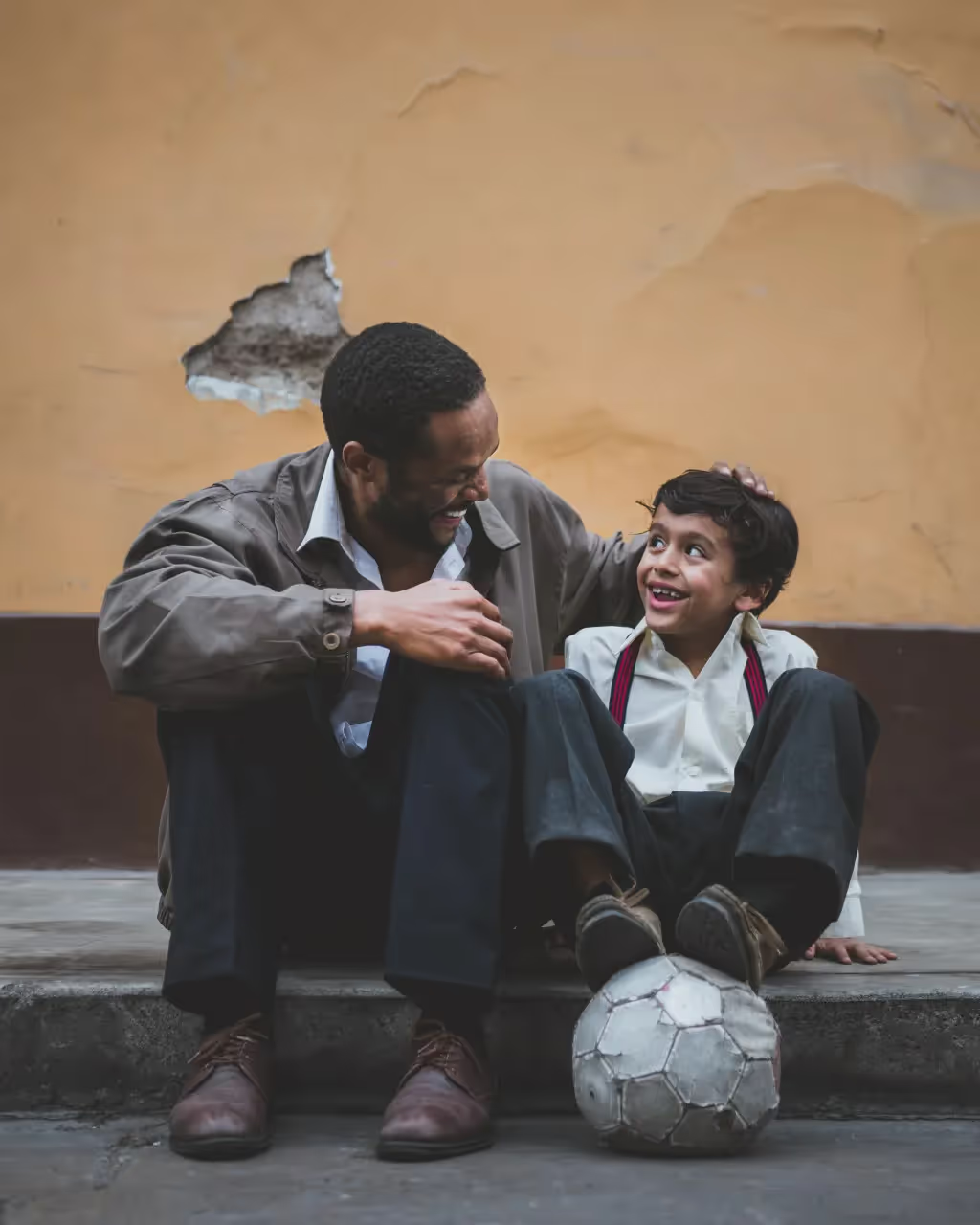It is crucial for children to learn skills to solve problems and resolve conflicts on their own. As children begin to socialize and create friendships,...

It is crucial for children to learn skills to solve problems and resolve conflicts on their own. As children begin to socialize and create friendships, disagreements often occur, and if they don't have conflict resolution skills, they may find it challenging to maintain friendships. Thus, as a parent, you can employ practical strategies to help your kid resolve conflicts. One of those strategies is teaching your child to be empathetic. It is normal for kids to feel overwhelmed when dealing with strong emotions during disagreements. However, encouraging your child to be empathetic helps them communicate kindly and resolve conflicts better. Also, you can enlighten your child on what not to do during conflicts. Teach them to avoid name-calling, physical violence, curse words, or throwing objects. If they can no longer handle the situation, encourage them to walk away. Similarly, you can discuss feelings and emotions with your child. Helping your child recognize their feelings will make it easier for them to process the situation better and react accordingly. They will have thoughts like "I feel angry. I should calm down" or "I feel sorry for hurting my friend. I should apologize." Teaching how to resolve conflicts provides support for children in terms of managing their emotions and relationships.
Read on to gain more profound knowledge into strategies to help your kid resolve conflict:
Being empathetic is a skill you can nurture your child to have. Children usually show empathy towards their loved ones; however, it can be difficult for them to empathize with someone during disputes. To help your kid resolve conflict better, train them to be empathetic regardless of the situation. One way to do this is to teach your child to consider people's feelings and perspectives during disagreements. When they tell you about the dispute, ask them their side of the story and what their friend might be feeling too. Teaching them to put themselves in their friend's shoes will allow them to be more understanding. Also, you can model empathetic behavior for your child to follow. Be compassionate, soft-spoken, and kind to people around you. If you disagree with your spouse or friend in front of your child, remember to be gentle and kind. Doing this provides a good example for your child to follow. Empathy helps increase understanding, resolve conflicts efficiently, develop healthy communication habits, and helps children respect other people's opinions even when they disagree.
Children often find it challenging to manage intense emotions during disputes with their friends. They tend to feel overwhelmed and react quickly to events that upset them. To help your kid resolve conflict better, you can assist them in recognizing their feelings and labeling them. In helping them address conflicts, it is vital to help them identify their emotions. You can get a visual feelings chart that displays various facial expressions showing different emotions to help them point out how they feel. When kids feel intense emotions, it is best to help them calm down before trying to discuss problems. They will be more receptive to your advice and willing to discuss their feelings with a clear head. Encourage them to take a time out when they feel intense emotions. In addition, feeling misunderstood can cause even adults to lash out. Thus, as a parent, you can validate your child's feelings by trying to understand them and paying undivided attention when they talk to you about conflicts with friends. However, this doesn't mean you should accept their wrong behaviors.
It might seem easier to tell your child what to do to fix their problems. However, brainstorming solutions together will enable them to become better problem solvers. Finding solutions to their problems by themselves will help your kid resolve conflicts better. First, encourage them to process the start and end of the argument and describe it without blaming anyone or justifying themselves. Once kids are able to remove themselves from the argument, they can see everybody's perspective and make better decisions. Ask your child about how they felt and what they could have done differently. If you think your child could have reacted better, allow them to see it instead of telling them point blank. You can encourage your child to step into their friend's shoes and narrate the story from their point of view. Similarly, it is essential to emphasize the importance of taking responsibility for their actions in the conflict. Teach your child to use "I" statements to express themselves, as doing this helps them recognize their role in the conflict and find solutions that will satisfy everybody.

It might seem easier to tell your child what to do to fix their problems. However, brainstorming solutions together will enable them to become better problem solvers. Finding solutions to their problems by themselves will help your kid resolve conflicts better. First, encourage them to process the start and end of the argument and describe it without blaming anyone or justifying themselves. Once kids are able to remove themselves from the argument, they can see everybody's perspective and make better decisions. Ask your child about how they felt and what they could have done differently. If you think your child could have reacted better, allow them to see it instead of telling them point blank. You can encourage your child to step into their friend's shoes and narrate the story from their point of view. Similarly, it is essential to emphasize the importance of taking responsibility for their actions in the conflict. Teach your child to use "I" statements to express themselves, as doing this helps them recognize their role in the conflict and find solutions that will satisfy everybody.
To help your kid resolve conflicts on their own, you can advise them on things they should avoid saying or doing. While most relationships are mendable after a disagreement, some can be destroyed if a person isn't careful with their words and actions. Regardless of how angry or offended your child feels, encourage them not to resort to physical violence. Hitting people or throwing things at them is something they should never do. If they feel overwhelmed with anger, encourage them to take a 5-minute timeout or more as needed.
Also, in resolving conflicts, it is essential to be patient and listen to the other party's perspective without interrupting. Teach your child to avoid shutting people up, interrupting them, or being dismissive. Similarly, children should not resort to name-calling or insults. Name-calling, ridiculing, and physical violence can affect a hurt child emotionally and physically, so it is crucial to teach your child to avoid them.
When children from different upbringings come together and try to form friendships, it is normal for conflicts to occur. Knowing how to resolve disputes builds self-confidence, improves communication skills, and offers guidance to children. Thus, as a parent, you can devise practical strategies to help your kid resolve conflicts and maintain healthy relationships. Those strategies include teaching your child empathy, discussing feelings, devising solutions, teaching forgiveness and apologizing, and teaching them the donts in conflict resolution.
https://www.doinggoodtogether.org/dgt-newsletter/teaching-children-apologize
https://reedleyschool.edu.ph/blog/ways-teach-child-empathy-during-uncertain-times/
https://childhood101.com/8-tips-for-helping-your-child-resolve-conflict-and-be-a-good-friend/
https://www.pbs.org/parents/thrive/5-strategies-to-help-kids-resolve-conflict
https://childmind.org/article/how-to-help-children-calm-down/
Help your child by providing support and guidance, using positive language, highlighting the progress they have made, breaking down the challenge into smaller steps, and motivating them with positive affirmations.